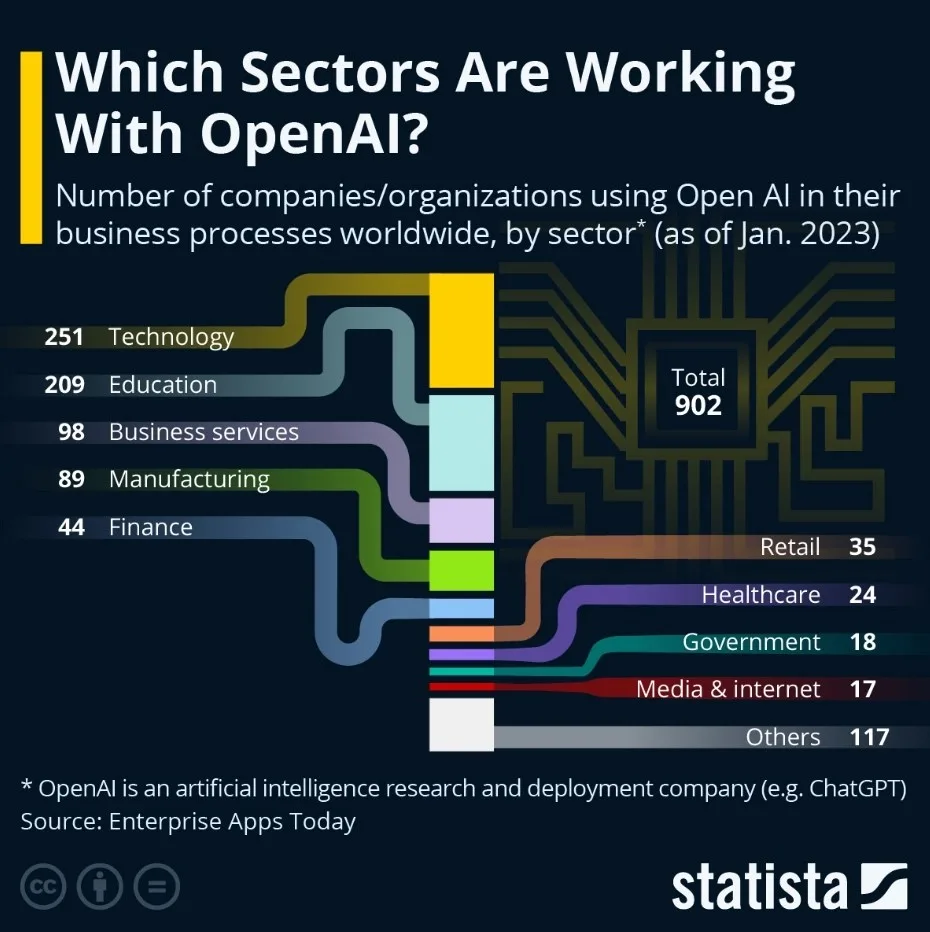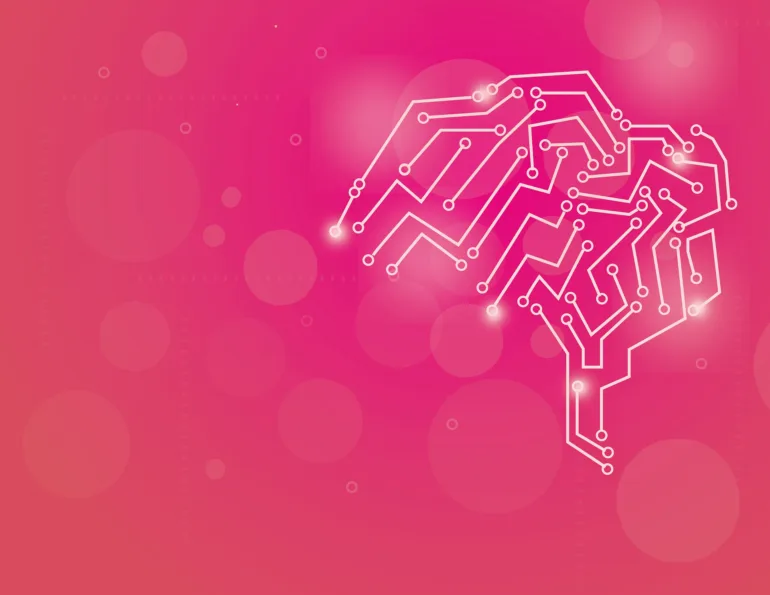TL;DR:
- AI is shaping our future and becoming a key player in decision-making across various industries.
- It is revolutionizing industries such as customer service, climate analysis and prediction, and the public sector.
- AI has the potential to pose significant risks to privacy, security, safety, bias, and inequality.
- AI is transforming the way we live, work, and interact with the world by making connections and insights beyond human reach.
- AI is being used to predict the likelihood and severity of wildfires, deliver personalized marketing messages, assist firefighters in life-threatening situations, and help oncologists make informed decisions about cancer treatments.
Main AI News:
As the world rapidly advances, Artificial Intelligence (AI) has taken center stage as a key player in shaping our future. Despite being often portrayed as a futuristic concept, AI is already ubiquitous in our daily lives and has been instrumental in assisting humans in making informed decisions.
The unveiling of ChatGPT, a state-of-the-art AI-powered chatbot, in November 2022 was a landmark event that generated both excitement and criticism. Nevertheless, it only serves to highlight the proliferation of AI-enabled devices that are now an integral part of our lives. From customer service to climate analysis and prediction, AI is revolutionizing industries and the public sector. Its ability to process vast amounts of data with unparalleled speed has made it a valuable tool for decision-making.
However, its versatility also presents a double-edged sword, as AI has the potential to pose significant risks to privacy, security, safety, bias, and inequality, according to the Centre for the Study of Existential Risk at Cambridge University. As the debate surrounding AI continues to evolve, it remains clear that technology is transforming the way we live, work, and interact with the world by making connections and uncovering insights that were previously beyond human reach, ultimately saving us time, money, and even lives.
Revolutionizing Decision-Making with Artificial Intelligence
As society continues to embrace the transformative power of AI, this technology is becoming increasingly indispensable in decision-making processes across various industries. Here are four examples of how AI is making a difference.
1. Firefighting on the Frontlines .The growing threat of wildfires, exacerbated by climate change, has prompted the World Economic Forum to launch the FireAld initiative. The goal of this initiative is to leverage AI to predict the likelihood and severity of wildfires, as well as the best methods for combating them. However, to ensure accurate predictions, the Forum is calling for increased collaboration among public agencies to provide AI tools with high-quality data inputs.
2. Precision Marketing. In today’s competitive business landscape, effective marketing is crucial to survival. With businesses spending over $567 billion on digital advertising in 2022, it’s vital to reach the right customers with the right message. AI is playing a critical role in this regard by analyzing consumer preferences and delivering personalized messages that resonate with each individual recipient. For instance, the American Marketing Association uses AI to create customized newsletters for its 100,000 subscribers.
3. Navigating through Smoke. Firefighters often face life-threatening situations while trying to save lives and extinguish fires. To help them make informed decisions, the Scottish Fire and Rescue Service has developed an AI-based system that uses thermal imaging, radar, and movement sensors to provide clear images of burning buildings. This system enables firefighters to quickly identify trapped individuals and make decisions about the best course of action.
Additionally, AI-powered Rapid Damage Assessment tools, such as SwissRe’s, are using drone images to streamline the processing of claims following natural disasters and fires.
4. Detecting Diseases with Precision AI is having a profound impact in the healthcare sector, with two-thirds of medical imaging processes expected to use AI by 2026. Microsoft, for example, is developing AI models that use hospital data to highlight tumors and healthy organs on patient scans. This information helps oncologists to make more informed decisions about the most effective cancer treatments for each individual patient.

AI’s ability to analyze huge amounts of data at speed is making it a useful decision making tool across sectors. Source: Statista
Conlcusion:
The proliferation of AI and its ability to process vast amounts of data with unparalleled speed are transforming various industries and decision-making processes. AI has the potential to revolutionize the way we live, work, and interact with the world by making connections and uncovering insights beyond human reach. From firefighting and precision marketing to navigating through smoke and detecting diseases, AI is becoming increasingly indispensable.
However, it also presents significant risks to privacy, security, safety, bias, and inequality, making it important for stakeholders to carefully consider the implications of AI adoption. The market for AI technology and services is likely to continue to grow as industries seek to leverage its benefits, presenting significant opportunities for businesses in this space.

